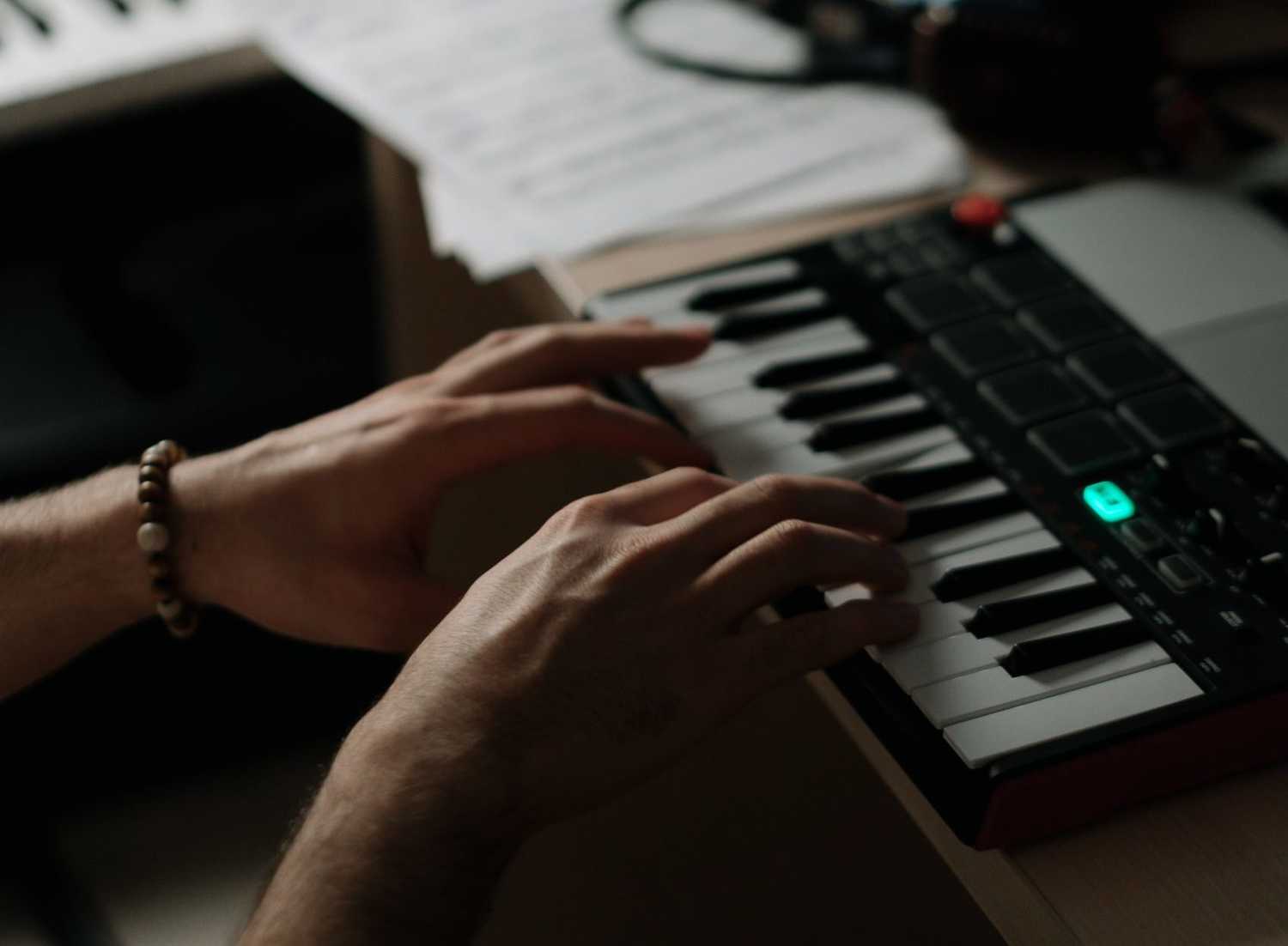has been added to your cart.

Ben Remember: A Unique Approach to Education
Snapped up by Toolroom in 2016, Ben Remember is famed for his instantly recognisable brand of Tech House.
Snapped up by Toolroom in 2016, Ben Remember is famed for his instantly recognisable brand of Tech House.
Now a key member of the #ToolroomFamily, the technically accomplished producer is the lead tutor at the label’s Academy where he can be found inspiring the next generation of hit makers. We talk to Ben about his journey, the Academy’s development and the thinking behind his brand new three-month mixing and mastering course ‘Club Ready’, which opens in July.
WORDS: DANNY TURNER

When did you first start dabbling in music production?
I toyed with keyboards as a kid and like a lot of people from my generation started producing on my Playstation using the beat-making program Music 2000. When I was 16 I started DJing with my younger brother and within a year knew that I wanted to be making the sound that I heard on the records. I went straight into work after leaving school, got a £2,000 bank loan, found a company that gave production tutorials and got myself a copy of Cubase.
Can you remember the point at which you felt your music was of a high enough standard to release?
Luckily, I was quite egotistical and confident and just wanted to get my stuff out to labels. My first release came from a CD demo I sent to a label based in Newquay, but things are so different now because everything’s much more exposed.
What advice would you give to people looking to make that jump?
The reality is that you’ve got to measure up to everyone else, so having confidence in your own ability and art is very important. Sometimes it’s really hard to have an objective understanding of a piece of music you’ve written, so don’t isolate yourself – make friends with people at record labels and network so you can find yourself another pair of honest ears. People that work in the music industry day in day out have a sixth sense for a good or bad idea, so having people around you like that is invaluable.
When were you discovered by the Toolroom label?
I found some tech house stuff made by Prok & Fitch and Rene Amesz and would relentlessly reference everything they released and try to sound as good as them, right down to emulating a kick drum. They were the pillars of Toolroom and my sound was an amalgamation of that, but I inadvertently developed my own sound. The label heard all of those influences and that’s what label boss Mark Knight took a shine to.
How did you get involved with the development of the Toolroom Academy?
Before I got signed to the label I quit my day job to work as a sample creator. I was constantly writing drum and bass, electro and techno sample packs and by fire and brimstone learned a lot of techniques, styles and a set of rules to churn them out quite quickly. After a gig one evening I was at dinner with Mark and he told me that Toolroom was thinking of setting up an academy and would I like to talk on stage for an hour at the Brighton Music Conference. Every part of my body said no, but lo and behold a couple of months later I was stood there on stage talking about how to make a drum loop.
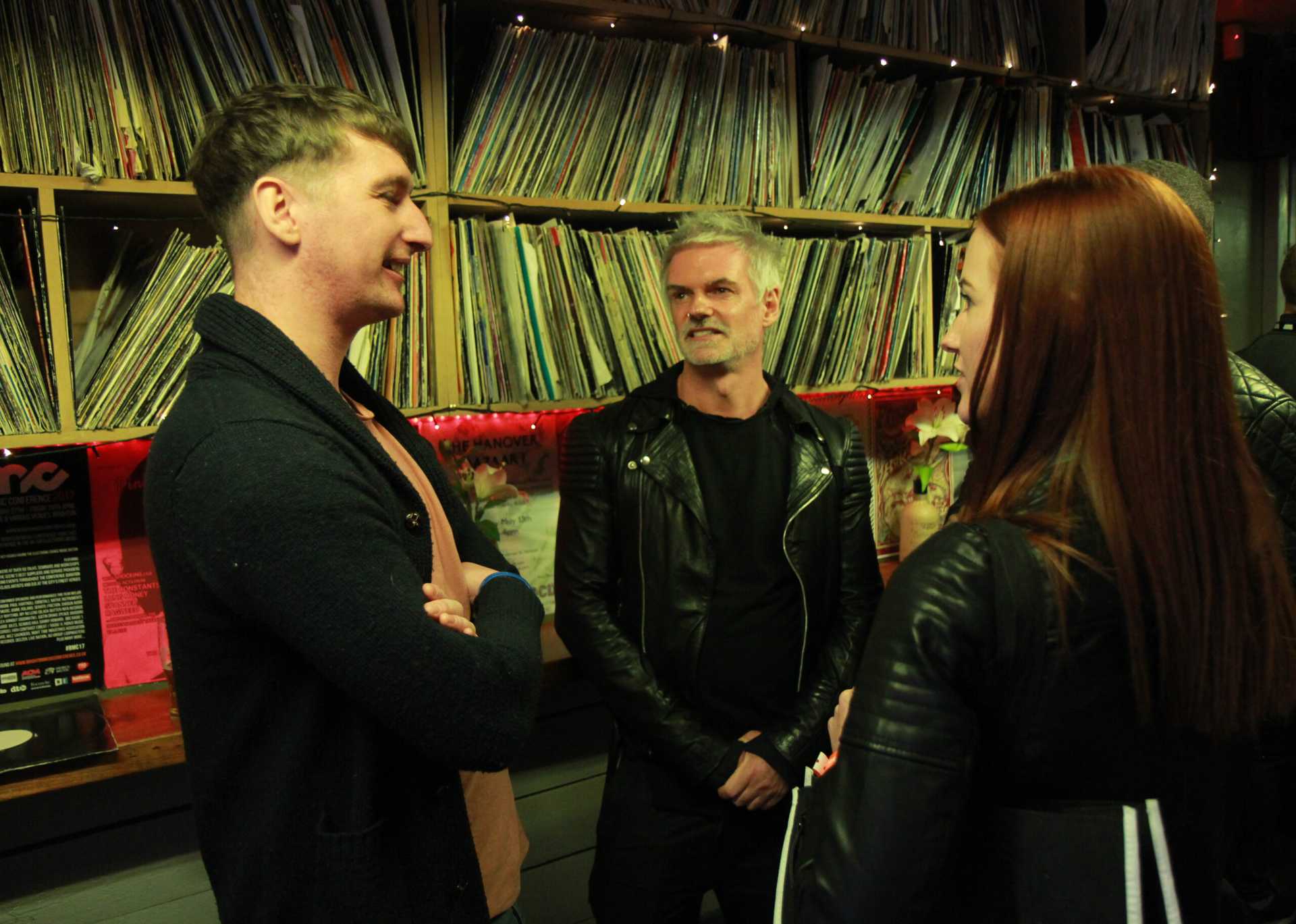
Do you feel that you have a unique teaching style, ethos or methodology?
Trying to carve out a life that will facilitate a student’s creativity is what motivates me. It’s about them understanding what they want to do, where they want to go, what music really means to them and whether they’re able to do something that nobody in music has done before. Music production is about problem-solving and the ways students can open up their mind to solving those problems creatively is a big part of my teaching.
What courses did you initially help to develop at the academy?
Pete Griffiths, Miles Shackleton and I developed the Toolroom Academy Certificate Course, which has become our flagship and is now in its fourth year. Each week we give students a two-hour lesson on specific topics and they’re given homework so they can employ our techniques and make sounds in their own bespoke style. They’ll then send an Ableton project back to us and Pete and I will spend a couple of days going through them before giving video feedback on how we can help them to develop and realise their goals. Every week we’re sending them new ideas, changing sounds, discussing arrangements and breakdowns and showing them automation techniques. That’s become an integral part of the course and what we feel separates our students from what they’re likely to learn elsewhere.
How has the pandemic affected your operations?
It’s been a weird period, but the timing’s been uncanny because we were already using Zoom and had a system in place for file sharing. Because of everything people have been going through we didn’t know whether they would want to learn something new, but thankfully we’d already got the ball rolling before it all happened.
What would you say is different about the Toolroom Academy to other production schools?
I think it’s to do with the nature of the label itself. The ‘Toolroom Family’ is our mantra, but the artists the label signs are not chosen randomly, we’re interested in those that can work with us and be part of that family. The academy was born from that, so our teaching method is very grass roots. At the end of the day, we genuinely understand the nuts and bolts of taking someone who’s a year into making music and putting them in the right headspace. We’re quite a successful record label, understand how the process works and can prove it.
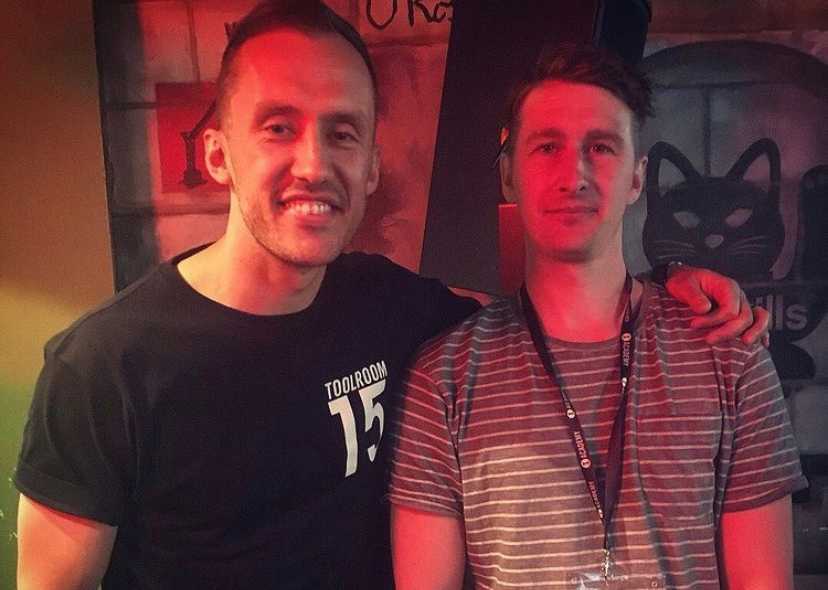
What’s the thinking behind Toolroom’s new mixing and mastering course, Club Ready?
In our experience, mixing and mastering is what almost everyone struggles with. They’re scary topics that have a mystique around them – a mystique I lived with for many years based on that sense of anxiety we all face when we’re excited about a track we’ve made but that excitement evaporates when compared to someone else’s mix. Realistically, you can’t teach someone to mix and master to the level expected inside another course – they’re big topics that need their own space.
What makes the Club Ready programme stand out from other mixing and mastering courses?
There’s a clinical and creative side to mixing and mastering and I don’t know any course that I’ve come across that taps into the creative side to find the core of what makes something sound the way it does. The geeky side of mixing is about finessing half a dB of loudness, but we believe we have an ability to distil those obscure and complicated elements and show students how to get the job done. We’ll go into detail, of course, but there’s actually a creative and practical way to sit down in front of your tracks and make them sound ‘Toolroom’. Because we’re so bespoke, you’re not going to find what we do on the Club Ready course anywhere else – especially when it comes to the feedback we give students each week when going through their course work.
Do students need to be at a fairly advanced level to enrol?
Club Ready is for any production enthusiast who wants to make their music sound better, but it’s a really good idea for them to have been working on music for a good couple of years and be able to finish a track. It’s particularly useful for students who have already been on our Certificate Course or Foundation Programme and feel they’re moving to a level where they need to give their music that extra push before sending tracks to a label.
How would you describe Toolroom Academy’s alumni community?
Before the pandemic we’d have 30 or 40 students come down to our Toolroom events and we’d all go to the pub together beforehand to bond. We’ve even had a couple of students from our Certificate Course who lived at opposite ends of the world make music together and release stuff on different labels as a double-act. As I mentioned earlier, it’s really important to have another set of ears to give you a genuine opinion about your sound, and when you’re sat in one of our classrooms you have 20 of them. Moving forward, we’re going to start looking at doing more interesting and fun things to help our students to network. During the pandemic we’ve all been learning online, so we want to do as much as we can to re-humanise that process.
What are some of your proudest moments working with the alumni?
It sounds a bit cheesy, but seeing our students evolve through a course is a bit like a dad feeling proud of his children growing up and getting good jobs. We’ve had students come through who’d only been making music a couple of months and didn’t even know how to open an EQ, yet two years later they’re releasing on a main label or going on tour with Mark Knight. Having done all the hard work, it’s so cool to see people who have that ability, passion and drive pushing through.
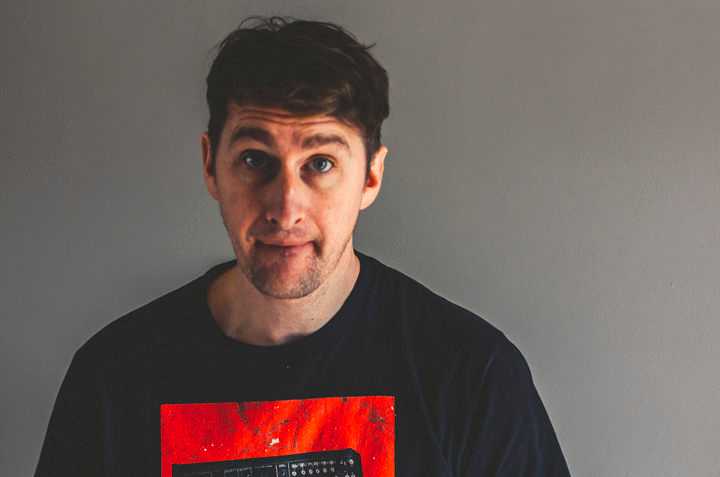
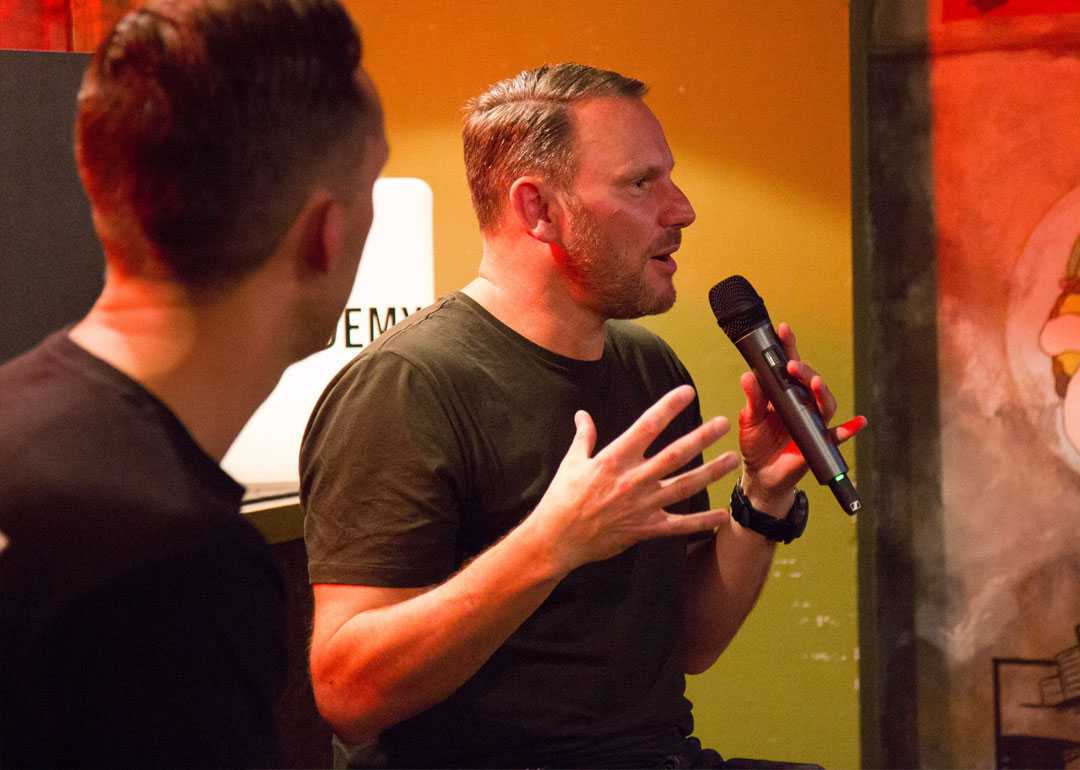
Login
X
